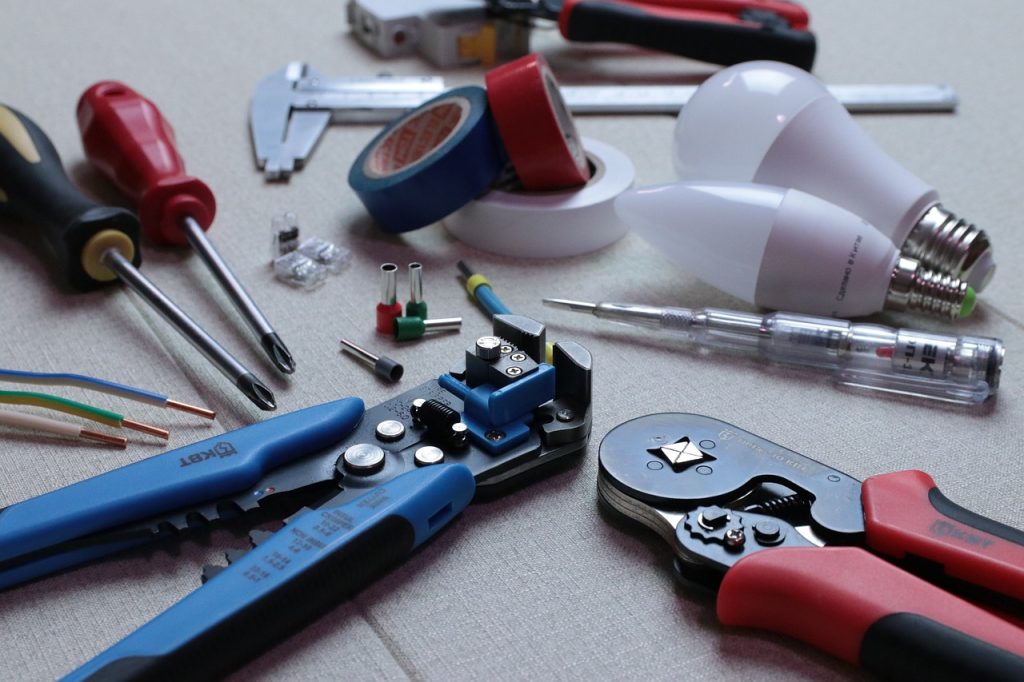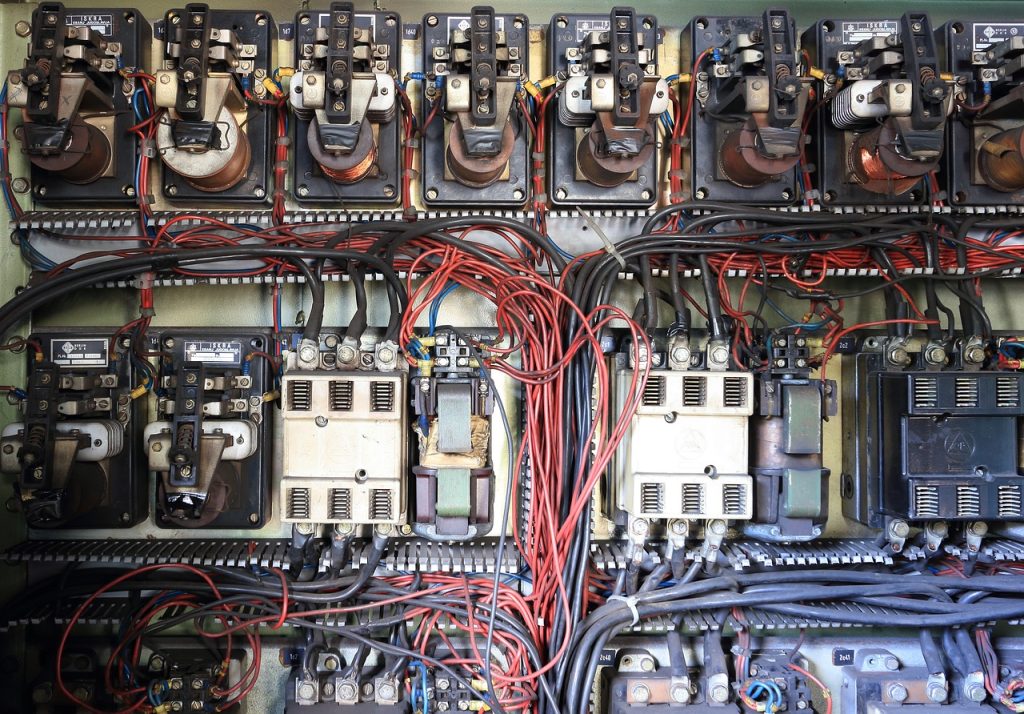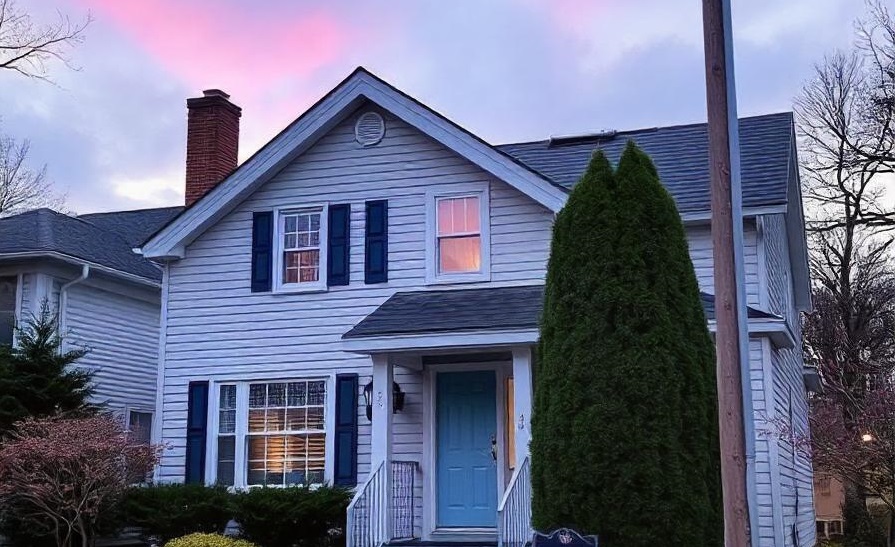Rewiring a house is a significant electrical project that many homeowners in the USA consider, especially for older homes with outdated wiring systems. Modern electrical needs have evolved, and homes now require more power to run various appliances and gadgets. If your home is over 30 years old, or you’re noticing frequent circuit trips or flickering lights, it may be time to consider rewiring. Below, we’ll explore the costs, factors that affect the price, and the importance of this essential upgrade.
Why Rewire a House?
The primary reason to rewire a house is safety. Outdated wiring systems, such as knob-and-tube wiring or aluminum wiring, are more prone to issues like electrical fires or power surges. These older systems were not designed to handle the electrical load of modern devices like air conditioners, flat-screen TVs, or computers. By upgrading the wiring, homeowners can ensure their electrical system meets current safety standards and is capable of powering their home efficiently.
Additionally, rewiring can increase the value of your home. Prospective buyers tend to favor homes with modern electrical systems, as this reduces their concerns about future repairs and increases the overall safety of the property.
How Much Does It Cost to Rewire a House?
The cost to rewire a house varies significantly depending on several factors, including the size of the home, the location, the extent of the rewiring, and local labor rates. On average, homeowners can expect to pay between $6,000 and $20,000 for a complete rewiring of a standard home in the USA. Below, we’ll break down some of the factors that can influence this price.
Size of the House

Larger homes will naturally require more wiring and outlets, driving up the cost of the project. For example, rewiring a small one-bedroom house may cost around $2,000 to $6,000, while a larger, multi-story home could exceed $20,000. A general rule of thumb is that you can expect to pay around $3 to $5 per square foot of your home.
Extent of the Rewiring
If, however, you’re upgrading the entire electrical system, including adding new circuits, outlets, and a modern electrical panel, the cost will be higher.
Electrician, Local
Not all rewiring jobs are complete overhauls. Some homes may only require partial rewiring, which can significantly reduce the cost. For example, if you only need to rewire a few rooms, or if your existing wiring can be updated rather than replaced entirely, the project could cost less. If, however, you’re upgrading the entire electrical system, including adding new circuits, outlets, and a modern electrical panel, the cost will be higher.
Labor Costs
Labor rates for electricians vary based on your location. In areas where the cost of living is higher, such as cities like New York or San Francisco, you can expect to pay more for skilled labor. The average hourly rate for an electrician in the USA is between $50 and $100 per hour. Some electricians may charge by the square foot, while others offer a flat rate based on the scope of the project.
Materials
The materials used for rewiring, such as wires, outlets, and switches, will also impact the final cost. High-quality materials may cost more initially but can save you money in the long run by reducing the need for future repairs or replacements. The type of wiring you choose, such as copper or aluminum, can also affect the price. Copper wiring is generally more expensive but is preferred due to its durability and conductivity.
Permits and Inspections
Rewiring a house usually requires permits from your local building authority. The cost of permits can vary widely depending on your location, but they typically range from $200 to $500. Additionally, an inspection is often required to ensure the work meets local building codes and safety standards. Failing to obtain the necessary permits and inspections can result in fines and may affect the resale value of your home.
Other Factors Affecting the Cost
There are several other factors that can influence the cost of rewiring a home. These include:
Accessibility: If the wiring is difficult to access, such as in homes with plaster walls or limited attic space, the job may take longer and require more labor. Homes with open floor plans or accessible basements and attics will be easier (and cheaper) to rewire.
Age of the Home: Older homes often have more complex wiring systems that require additional work. For example, if the home still has knob-and-tube wiring, it may need to be removed before new wiring can be installed, which adds to the overall cost.
Electrical Upgrades: If you’re rewiring your home, it may be a good time to upgrade other aspects of your electrical system, such as installing a new electrical panel, adding more outlets, or upgrading to GFCI (Ground Fault Circuit Interrupter) outlets in bathrooms and kitchens. These upgrades will increase the overall cost but can improve safety and convenience.
Energy Efficiency: Modernizing your home’s electrical system can also provide opportunities to make your home more energy-efficient. Installing LED lighting, smart thermostats, and energy-efficient appliances during the rewiring process can reduce your home’s energy consumption and lower your utility bills.
Is Rewiring Worth the Cost?

Rewiring a house is a significant investment, but it’s one that can pay off in terms of safety, peace of mind, and increased property value. The long-term benefits of rewiring include:
Increased Safety: Outdated wiring systems can pose a serious fire hazard, especially if they are not capable of handling the electrical load of modern appliances. Rewiring your home reduces the risk of electrical fires and power surges.
Improved Efficiency: Modern wiring systems are more efficient, which means your home will use less energy. This can result in lower utility bills and a reduced environmental footprint.
Higher Resale Value: Prospective buyers are more likely to purchase a home with an updated electrical system, as it reduces their concerns about future repairs or safety issues.
Compliance with Building Codes: Rewiring ensures that your home meets the latest building codes and safety regulations, which is essential if you plan to sell your home in the future.
How Long Does It Take to Rewire a House?

The length of time it takes to rewire a house depends on the size of the home and the complexity of the project. For a standard home, the process can take anywhere from one to three weeks. This includes the time required to remove old wiring, install new wiring, and complete any necessary upgrades to the electrical panel or outlets. If your home requires extensive work or if there are delays due to obtaining permits or inspections, the project could take longer.
Conclusion
Rewiring a house is a major project that can improve the safety, efficiency, and value of your home. While the cost can be significant, it’s an investment that offers long-term benefits. Homeowners should carefully consider the factors that influence the cost, such as the size of the home, the extent of the rewiring, and labor rates, and work with a licensed electrician to ensure the job is done correctly and up to code. If you’re unsure whether your home needs rewiring, it’s a good idea to have a professional electrician assess your electrical system and provide recommendations based on your home’s specific needs.



